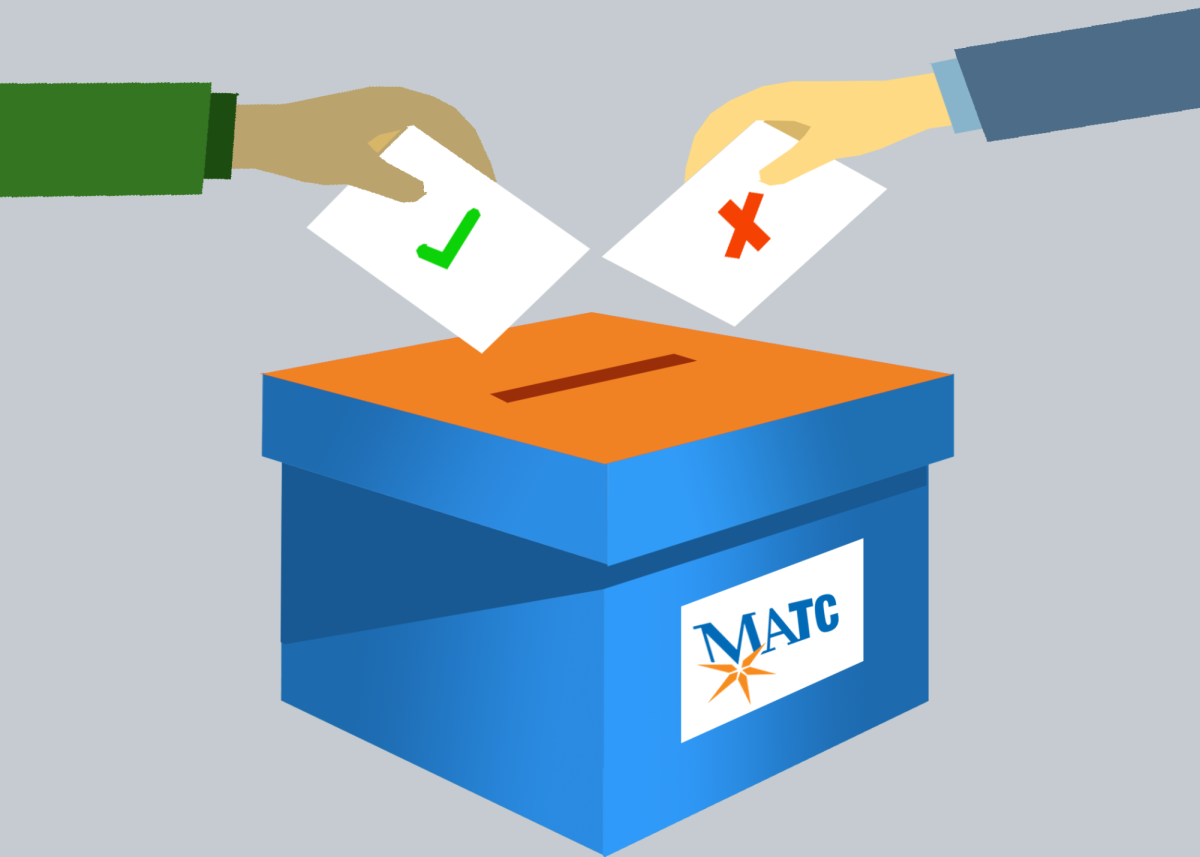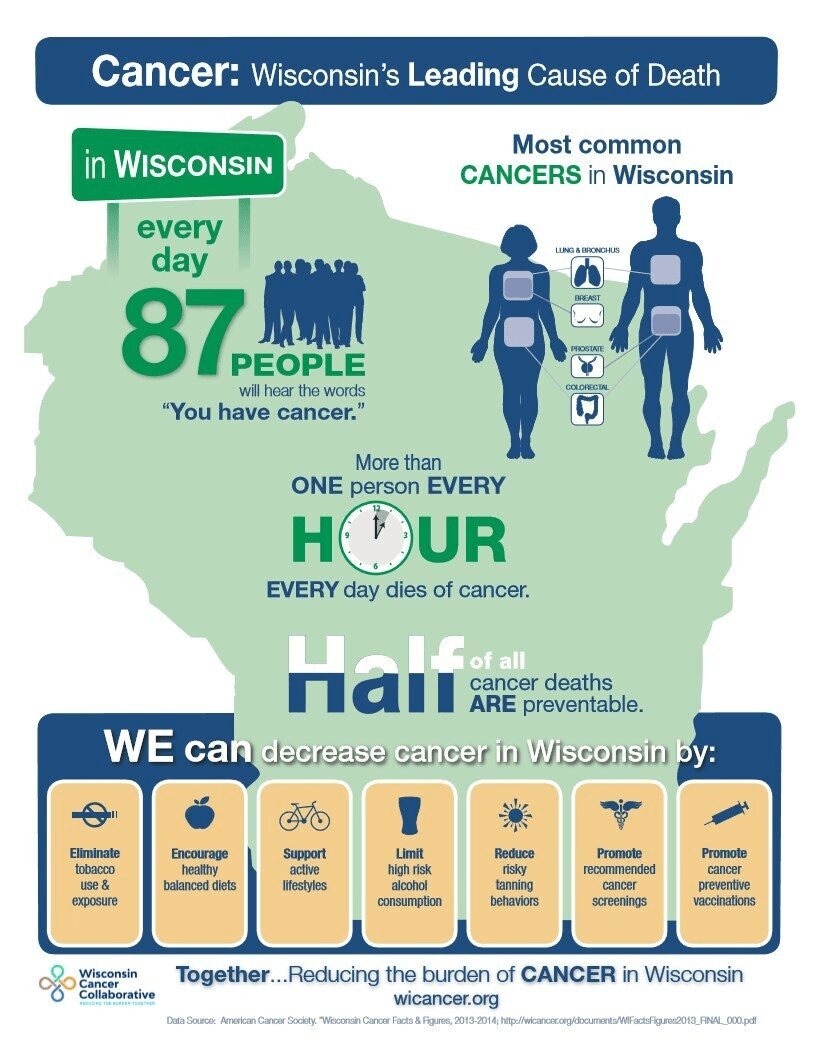You and your credit report
Your credit report is a record of your consumer and other transactions that are relevant to your worthiness as a potential borrower of money. It contains information about accounts which are in your name, the use you make of them and your payment on those accounts. It also includes records of any bankruptcy filing and criminal convictions. Three major credit bureaus keep these records; Experian, Equifax and Trans Union. Typically, government agencies, commercial creditors, insurance companies and landlords are able to access your credit report. Employers may as well, but must have your consent.
A credit score is a numerical rating of your credit-worthiness. The numbers run from 350 to 900; anything over 700 is considered a good score. The number is calculated by considering a variety of factors which include your payment history on accounts, amounts owed on them, available credit, the length of your credit history and the presences of old and newer accounts.
Remember to always pay your bills on time and keep low balances. Check your credit report for errors and if you find them report them to the credit bureaus. Your credit report is available to you at no cost once per year and can be requested at www.annualcreditreport.com.
Editor’s Note:
The Legal Clinic is a service for students approved by the editor-in-chief.






















































